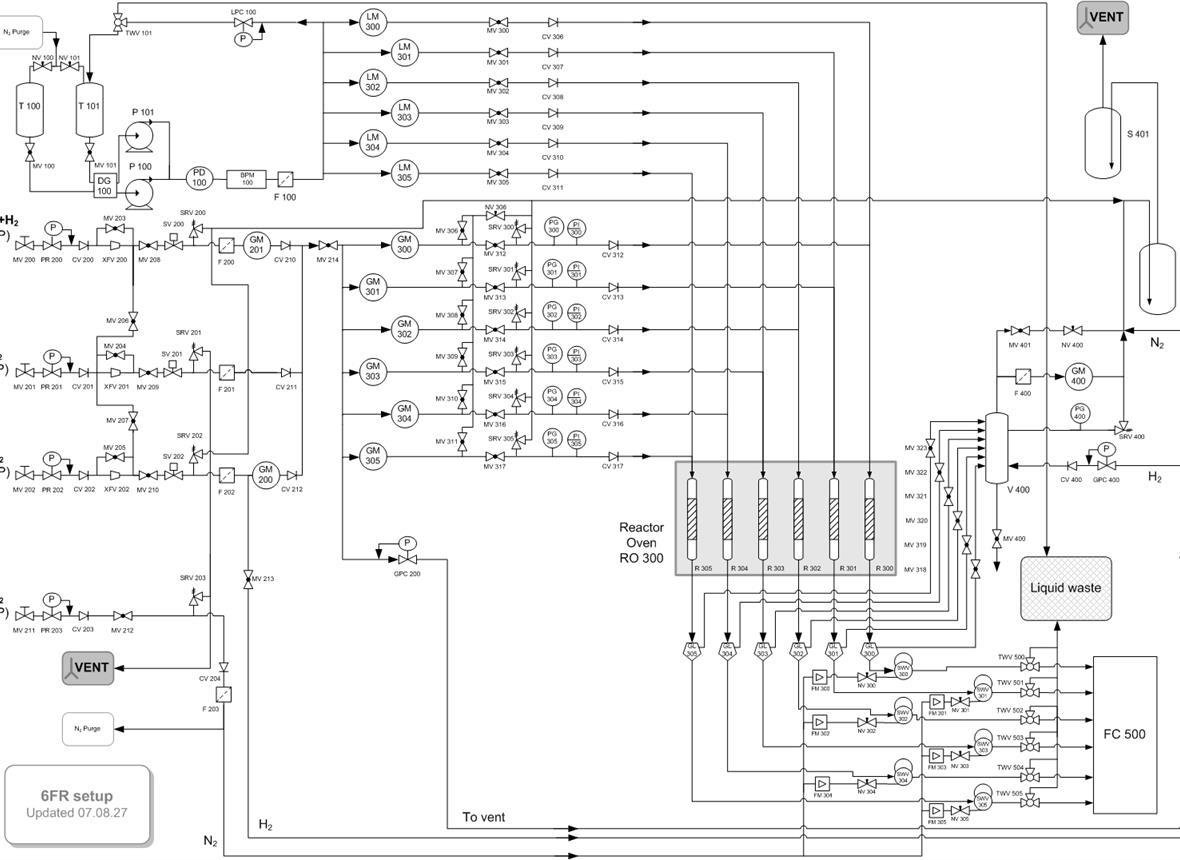Abstract
Microbial electrolysis cell (MEC) technology is a promising bioelectrochemical hydrogen production technology that utilizes anodic bio-catalytic oxidation and cathodic reduction processes. MECs require a lower external energy input than water electrolysis; however, as they also require the application of external power sources, this inevitably renders MEC systems a less sustainable option. This issue is the main obstacle hindering the practical application of MECs. Therefore, this review aims to introduce a self-sustainable MEC technology by combining conventional MECs with advanced carbon–neutral technologies, such as solar-, microbial-, osmotic-, and thermoelectric-powers (and their combinations). Moreover, new approaches to overcome the thermodynamic barriers and attain self-sustaining MECs are discussed in detail, thereby providing a working principle, current challenges, and future perspective in the field. This review provides comprehensive insights into reliable hydrogen production as well as the latest trends towards self-sustainable MECs for practical application.
Keywords
EPB
HCE
CRE
